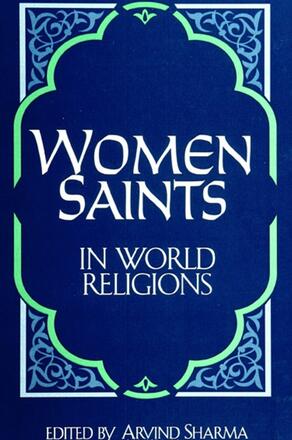
Women Saints in World Religions
Alternative formats available from:
Presents stories and commentaries on women saints from the Hindu, Buddhist, Taoist, Jewish, Islamic, and Christian traditions.
Description
Women Saints in World Religions deepens our understanding of the concept of sainthood, brings to light original material, and presents the first comparative analysis of female sainthood. Using original sources, previously unavailable in English, the book describes the lives of figures considered "saintly" in world religions including Judaism, Christianity, Islam, Hinduism, Buddhism, and Taoism. The implications of this material for the concept of sainthood and for 'women saints' as a cross-cultural category are examined.
Arvind Sharma is Professor of Comparative Religion at McGill University. He is the editor of several books including, with Katherine K. Young, Feminism and World Religions.
Reviews
"The stories in this book are a delightful song of praise to the accomplishments of women within traditional religions, despite the opposition they had to overcome to achieve what they did. One of its great beauties is that it brings formerly obscured or silenced stories to light. The women described here were strong willed, courageous women who rejected the narrow roles dictated to them by their traditions' leaders, and assumed leadership themselves in spiritual pathways that were usually closed to women. Although most of these stories date from the middle ages, they are 'new' to contemporary readers, because they were never included in the canonical stories of the heroes of traditional faiths. " — Laura E. Weed, The College of St. Rose